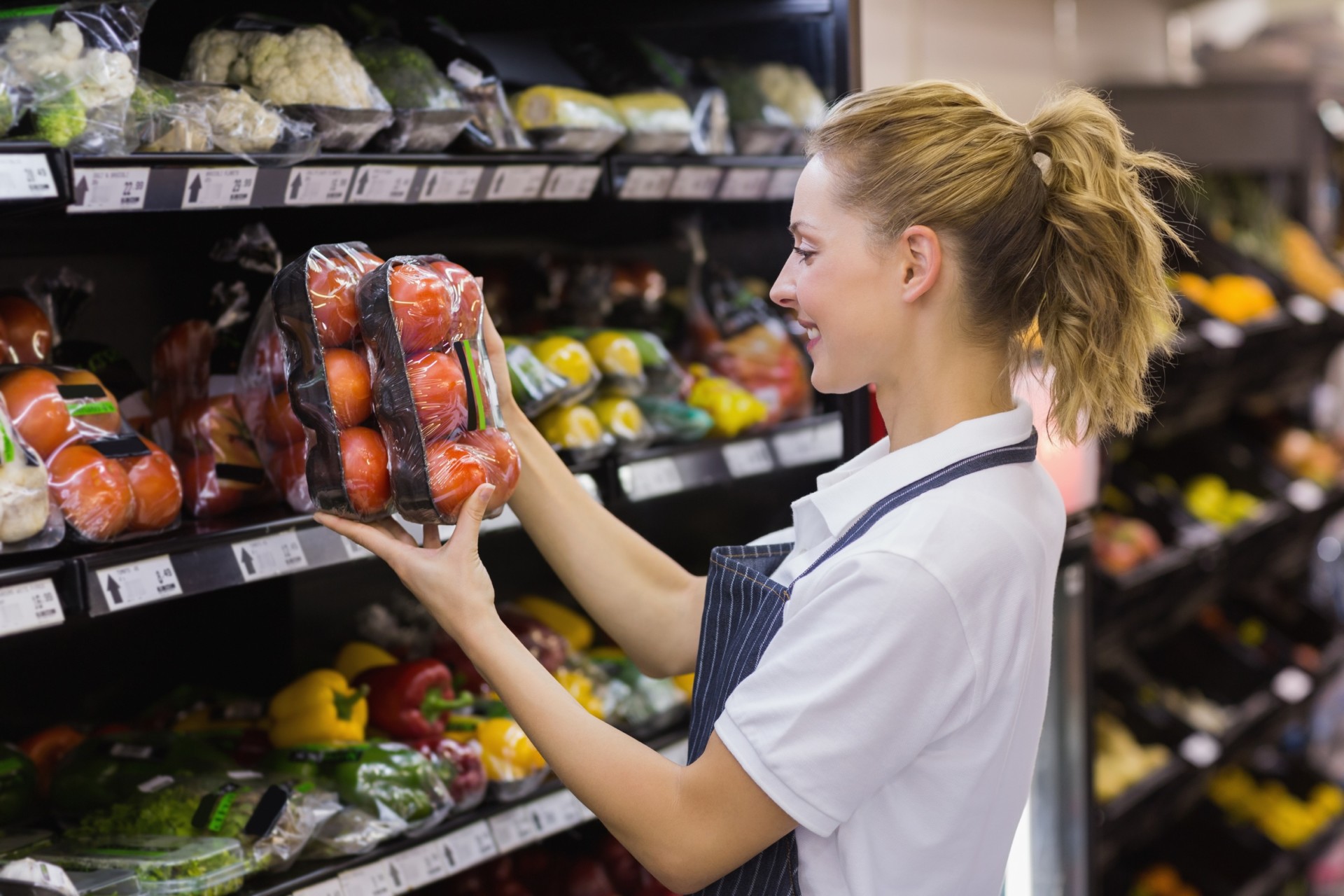Certifications for bioplastics
Product claims pertaining to compostability or the content of renewable resources are generally difficult for consumers to verify. Certification links harmonised standards and independent third party labels such as the compostability label ‘Seedling’ logo.
Example compostability (EN 13432):
Certification ensures that the product can be industrially composted and that not only the plastic but also all other components of the product are compostable, e.g. colours, labels, glues and – in case of packaging products – residues of the content.
Testing for certification according to EN 13432 / EN 14995 encompasses:
- Chemical test: Disclosure of all constituents, threshold values for heavy metals are to be adhered to.
- Biodegradability in controlled composting conditions (oxygen consumption and production of CO2): Proof must be made that at least 90 percent of the organic material is converted into CO2 within 6 months.
- Disintegration: After 3 months’ composting and subsequent sifting through a 2 mm sieve, no more than 10 percent residue may remain, as compared to the original mass.
- Ecotoxicity test: Examination of the effect of resultant compost on plant growth (agronomic test).
All tests, not merely individual sections, must be passed for the same material and the tests must be conducted by approved by the same testing laboratories.
European Bioplastics recommends that commercial users or retailers should ask distributors about their product certification and demand the certification number. Certification guarantees a high product safety and also allows a product to wear a certain label, which can help to make product information more transparent for the end-consumer.
